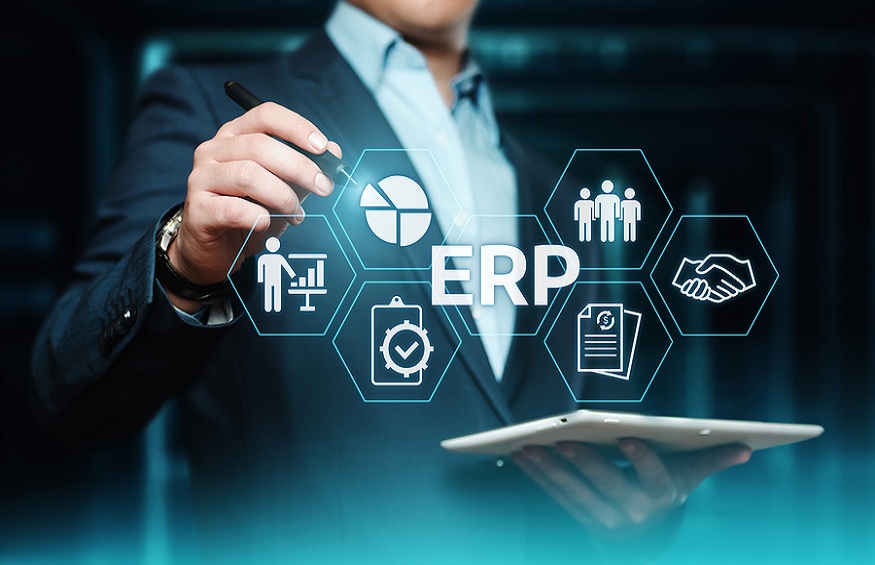The first step before choosing the right vendor is to determine whether or not you need an ERP solution. And if so, here are some use cases that show what ERP can do for your business.
If your business is experiencing issues with disparate data , lack of operational efficiencies, and slowdowns, then now is a good time to consider purchasing an ERP.
Excessive manpower and intervention to manage existing business processes; difficulty in reconciling financial data; complicated coordination of sales, inventory management, manufacturing and order fulfillment; difficulty extracting important business information from systems; high maintenance and system integration requirements faced by the IT department are other telltale signs that a company needs an ERP solution .
Among commercial software, few offer more choice than ERP. Companies therefore have a huge catalog to draw from. Paradoxically, this vast choice also makes it more difficult.
The previous article in this series described in more detail what Enterprise Resource Planning (ERP ) is, its many components (financial management, human resources, supply chain, manufacturing, among others) and the different deployment modes (on-premises, in SaaS mode or both).
But beyond the issues noted above, there are other factors to consider. First of all, you need to determine whether the world of ERP is suitable for your business.
It is therefore essential to know your needs, as well as your objectives and the IT and operational infrastructure of your company, to decide whether – yes or not – an ERP is suitable for it.
To help you, here are some typical business scenarios that show when ERP can actually be a good option.
Typical Use Cases That Make ERP a Good Choice
A small business wishing to improve its business processes, eliminate the costs linked to the multiplicity of systems and increase its operational efficiency will undoubtedly choose an ERP in Cloud mode .
This will allow it to replace systems and avoid new investment expenses in hardware and licenses at its data center.
Indeed, it is its Cloud provider that owns and manages the ERP hardware and software. For its part, the company uses these resources by paying a monthly subscription.
A business operating in a highly specialized sector (e.g. food) will be looking for an ERP solution tailored to its specific needs and pressures. It will therefore use an ERP system designed specifically for its sector.
This specialized ERP system will save time by adapting to its business environment and provides operational best practices.
A large company often uses an on-site ERP system for its internal processes. But if it needs a quick way to integrate its new international offices and newly purchased subsidiaries into its system, it will choose a two-tier ERP approach that uses a cloud ERP version of its system. (or compatible software from another vendor) including localization capabilities for remote sites and new subsidiaries based in different countries.
Later, this company can choose either to migrate its remote offices to the on-site version of the ERP, or to migrate the entire group to the Cloud version.
Another typical case is that a manufacturer seeks to integrate its manufacturing processes. It starts with ERP software for material requirements planning. This system will be able to resolve its order tracking integration issues. He will manage the taking of orders, their launch, then their processing step by step throughout the manufacturing, distribution/delivery, execution and payment operations.
If this company also wants to eliminate data discrepancies, as well as software licensing costs that result from using disparate systems for each function, ERP will be a good choice.
Project-oriented needs and in service companies
As another example, a company that manages all its customer activities by operating on a project basis will want to use an ERP system capable of tracking all activities, resources and costs for each project, but also of predicting deadline overruns or shortfalls. resources.
This type of business should look for a project-oriented ERP system that provides end-to-end visibility and manages tracking of all project activities.
In the services world, a company often wants to improve the coordination of financial management, sales and operations. She also wants to reduce errors and operational inconsistencies by ensuring that everyone uses the same data.
For this type of project, it will opt for a service-oriented ERP system that can track service level commitments and record activities, resource usage and costs as they occur.
ERP in SMEs
Very often, upper mid-sized companies want to move to BI. ERP can be a solution to the extent that these companies, if they already have one, will be able to expand it and thus increase operational efficiency by adding business intelligence functions.

